Our group at the Harvard Chan Center for the Microbiome in Public Health focuses on understanding the function of microbial communities, particularly that of the human microbiome. This means learning to use the microbiome to predict disease onset, progression, and outcomes, as well as developing ways to modify it for health maintenance and therapy. This applies to a wide range of conditions including the inflammatory bowel diseases, cancer, diabetes, arthritis, and infectious diseases. We also support the microbial community research field through method development, including the bioBakery platform for microbiome bioinformatics and biostatistics, the BIOM-Mass data portal, and the Harvard Chan Microbiome Collection Core and Microbiome Analysis Core. We’ve worked extensively with the NIH Human Microbiome Project, the HMP2 IBDMDB, the Microbiome Quality Control Project, the Human Microbiome Bioactives Resource, and other microbial community communities (so to speak!) And there’s plenty of work left to keep us busy understanding how the human microbiome can be used as a means of diagnosis or therapeutic intervention on the continuum between health and disease.
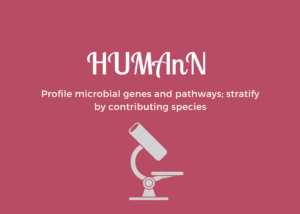
HUMAnN
Profiling the presence/absence and abundance of microbial pathways in a community from metagenomic or metatranscriptomic sequencing.
User manual || Tutorial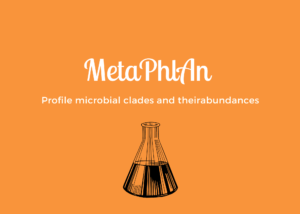
MetaPhlAn
A computational tool for profiling the composition of microbial communities from metagenomic shotgun sequencing data.
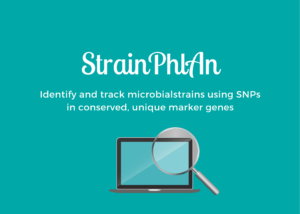
StrainPhlAn
Strain-level resolution of species across large sample sets, on single nucleotide polymorphisms (SNPs) within conserved and unique species marker genes.
User manual || Tutorial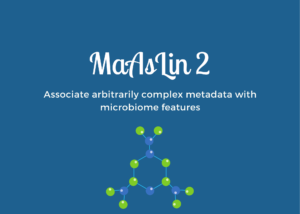
MaAsLin 2
R package for efficiently determining multivariable association between clinical metadata and microbial meta’omic features.
User manual || Tutorial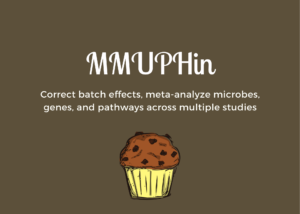
MMUPHin
Bioconductor package for microbial community profiles providing interfaces for covariate-controlled batch and study effect adjustment.
User manual || Tutorial